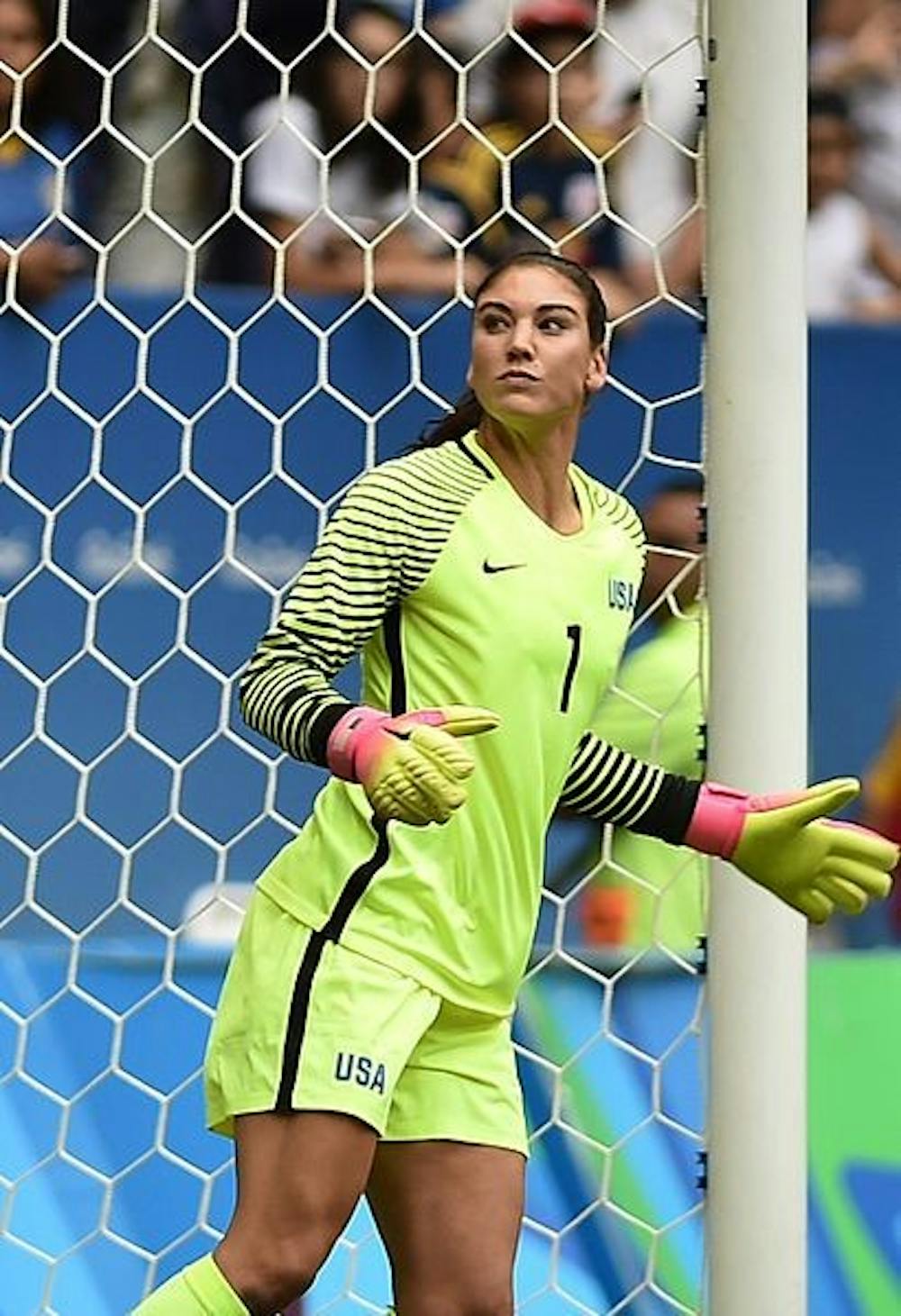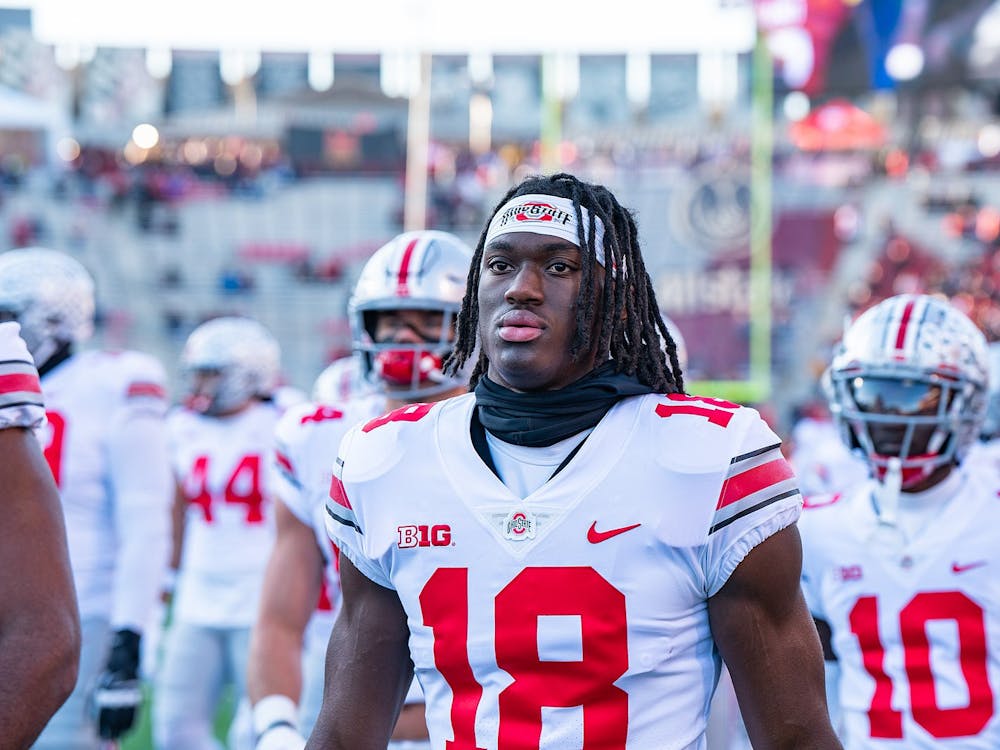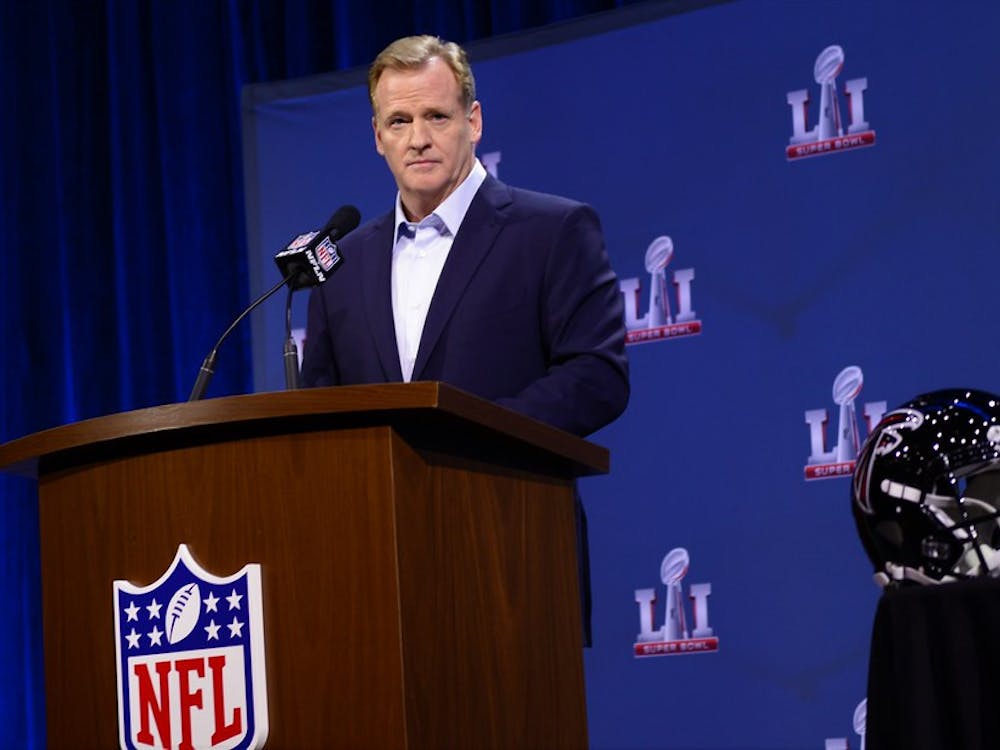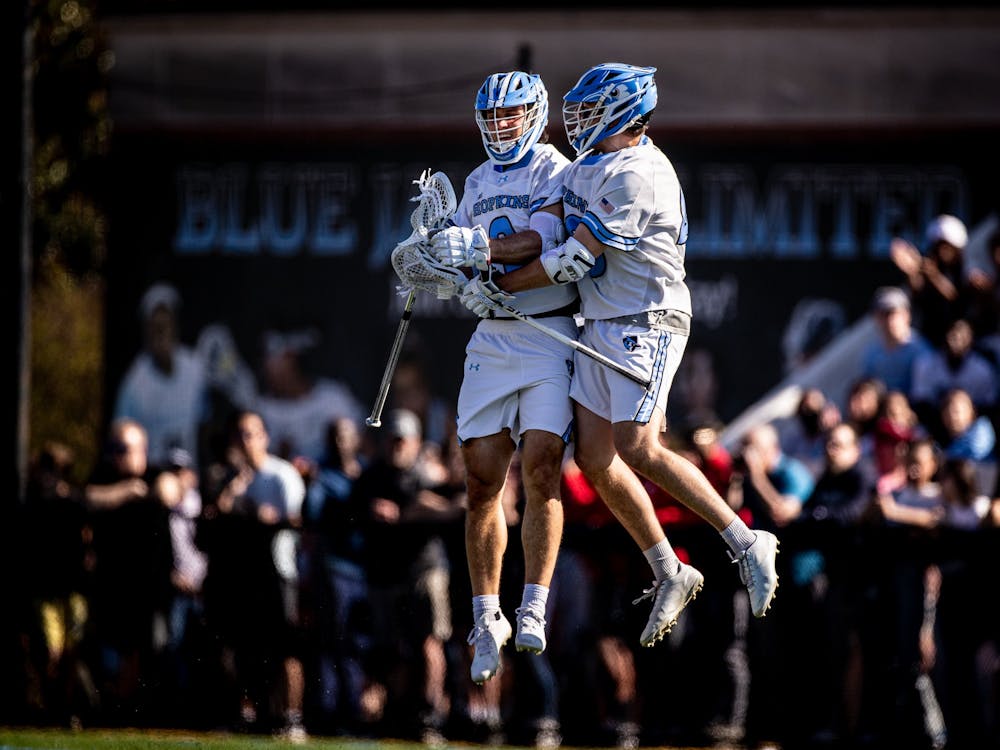Six years of progress came to a devastating end when the U.S. Men’s National Team lost 2-1 against Trinidad and Tobago in the final qualifying match for the 2018 World Cup. The team only needed a draw, but their loss, coupled with Panama and Honduras winning their final games, meant that the U.S. will not be going to the World Cup in 2018.
Many predicted that this terrible result would somehow lead to a complete revamp in the way that soccer in the U.S. is operated, and they were nearly right.
Nearly two months after the match, U.S. Soccer President Sunil Gulati announced that he would not be seeking reelection. It was finally time to elect someone who would put the development of soccer first and money second. Several problems have plagued U.S. Soccer for many years without being seriously addressed.
The main culprit is the notorious pay-to-play structure the U.S. boasts. The cost of being on a youth travel team or academy can be upwards of $1,000 dollars per season in the U.S. When you factor in other costs such as jersey and tournament fees, the price continues to soar.
Playing soccer in the U.S. is exponentially more expensive than in elite soccer countries around the world. These costs pose a problem for lower-income players who wish to improve their skills and be discovered.
Take Tim Howard: The legendary American goalie was raised in a poor, single-family home. His mom barely mustered $25 for him to attend a one-week skills clinic. Luckily for Howard, he impressed goalie coach Tim Mulqueen so much that he had the $25 fee waived for the next week. A weekly $25 fee was so close to keeping Tim Howard from going on to become one of our best keepers.
Unfortunately, not everyone can play soccer for free. Many players slip through the cracks because they don’t have the money to attend expensive tournaments or to join the best youth teams.
In countries such as Brazil, a majority of their best players grew by playing soccer in the streets, not on new turf fields. This opportunity to grow and develop without paying fees is not available to most Americans. With pay-to-play still intact, many generational talents will never make it on the world stage for the U.S.
Another major problem is how the division system works. Major League Soccer (MLS) isn’t a promotion/relegation league. In the English Premier League, if a team finishes in the bottom three by the end of the season, they’ll be relegated to the league under them. This means that they miss out on TV and sponsorship deals and have to play teams that are at a much lower level.
If a team not in the top division finishes high enough, they will have the chance to get promoted up a league. In the U.S., when a team finishes low in the table, they not only get to stay in the division, but they also have a better chance at picking earlier in the next edition of the MLS Draft (no major European soccer league has a draft).
The problem with this system is twofold. Teams who aren’t doing well don’t have as much motivation to make drastic changes that will improve their team and are almost encouraged to continue playing poorly.
Additionally, this ensures that teams in the lower leagues will never have the popularity, sponsorship deals or revenue that the current teams in the MLS enjoy, as they have no way of breaking into the MLS. This puts a ceiling on the level that American talents can reach if they choose to stay in the U.S.
These problems are a few of the many that were being discussed by the nominees for U.S. Soccer President. The eight contenders in this election included Kathy Carter, Carlos Cordeiro, Eric Wynalda, Hope Solo and Kyle Martino. Some of these candidates, such as Eric Wynalda and Hope Solo, wanted to address the genuine issues affecting U.S. soccer.
One of Wynalda’s main focuses was addressing the differences between the professional soccer leagues of America and Europe (such as promotion and relegation). Solo was strikingly against the pay-to-play structure and wanted to use U.S. soccer’s profits to alleviate that problem for low-income athletes.
On the other hand, Kathy Carter and Carlos Cordeiro represented the establishment. Carter worked for the marketing arm of the MLS while Cordeiro, a Goldman Sachs executive with minimal exposure to soccer, was the vice president of U.S. Soccer leading up to this election.
Both only had one goal: making more money for U.S. soccer. With them being part of the establishment, it was almost no surprise that after three rounds of voting, Carlos Cordeiro won the election.
What does Cordeiro’s election mean for U.S. soccer? For starters, no serious progress will be made. When asked what his most important priority is, Cordeiro made it clear that it was to host the 2026 World Cup. There’s nothing wrong with hosting a World Cup. Cordeiro is not wrong in pursuing that. However, his answer makes it clear that he cares about revenue more than the development of the overall program.
On the league front, he will attempt to squash any attempts at introducing promotion to the MLS while making sure that the exorbitant $150 million franchise entry fee is kept intact.
These provisions both ensure that U.S. soccer remains financially strong and the MLS doesn’t have to face any competition from lower league teams. In terms of youth soccer, Cordeiro won’t change the pay-to-play structure that has crippled soccer in the U.S. for so long.
When Carlos Cordeiro steps down from president and looks back at his time there, all he’ll be able to boast is U.S. soccer’s ever-increasing revenue.
















Please note All comments are eligible for publication in The News-Letter.